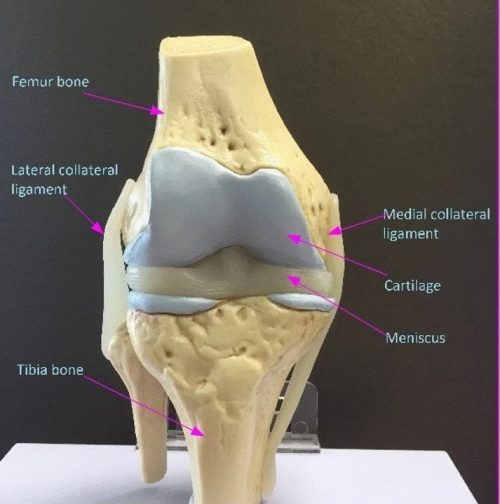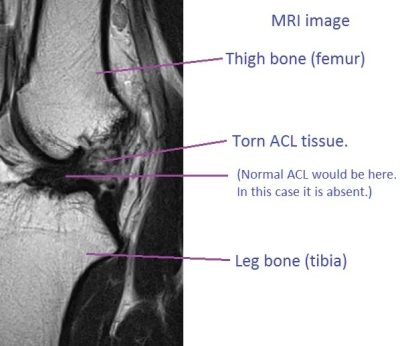
Knee Pain

The Knee
The knee is the largest joint in the human body.
The knee joint also withstands a lot of stress even in daily activities. For example, the pressure on the knees while climbing stairs or running is about 3 x body-weight.
This is one reason why the knee is prone to experiencing wear-and-tear problems.
Common Symptoms & Possible Cause of knee problems
Symptoms: Pain on prolonged walking or standing (Click here to learn more)
Possible causes: cartilage or meniscus damage, leading to poorer shock absorption
Symptoms: Pain during or after running or exercises (Runner’s knee)
Possible causes: cartilage damage, including minor thinning of cartilage, tear or ulcer in cartilage
Symptoms: Pain at the front of the knee, when climbing stairs, or getting up after being seated for some time
Possible causes: cartilage damage beneath the kneecap
Symptoms: Pain when bending knee, or pain when squats(Click here to learn more)
Possible causes: cartilage damage beneath the kneecap, meniscus injury
Symptoms: Pain at the inner side of knee
Possible causes: cartilage wear and tear on inner side of knee, medial ligament injury, meniscus injury
Symptoms: Pain at the back of knee
Possible causes: meniscus tear, posterior ligament injury, muscle strain
Symptoms: Hearing a pop of the knee
Possible causes: ligament tear, meniscus tear
Symptoms: Giving way or ‘weakness’ of the knee
Possible causes: ligament tear, meniscus tear, cartilage damage
Symptoms: Feeling something move inside the knee
Possible causes: loose body inside knee
Symptoms: Episodic sharp pain of the knee
Possible causes: loose body inside knee, cartilage tear. iliotibial band syndrome
Symptoms: Swollen knee(Click here to learn more about Swollen Knee)
Possible causes: knee arthritis, gouty attack
Symptoms: Morning stiffness and pain, or pain at night
Possible causes: cartilage wear and tear, knee arthritis

Common knee conditions in our practice:
- Osteoarthritis
degenerative arthritis of the knee. Various treatment options include oral supplements, lubricant gel and other injections, key-hole procedure to repair knee, or knee replacement.
- Acute Ligament tears
most common is the Anterior Cruciate Ligament (ACL), followed by MCL and PCL. Complete ACL tears are routinely treated with surgery to reconstruct the ligament.
- Chronic ligament and tendon injuries
- sometimes, an acute injury can become chronic causing persistent pain. Treatment options include physiotherapy, injections, and surgical procedures.
- Cartilage damage
- cartilage damage may occur slowly over months or suddenly due to an injury. Cartilage damage should be treated to prevent deterioration to arthritis.
- Meniscus tears
- commonly occur in middle-aged persons after prolonged walking or a holiday. Similar to cartilage damage, this should be treated to prevent deterioration to arthritis.
- Abnormal bow-leggedness or knock-knee
the knee can become deformed due to degenerative arthritis. Because these are progressive conditions, they should be treated before they progress and affect walking and mobility.
- Loose bodies
- these are usually bone spurs which break off within the knee. They cause episodic, sharp pains. They should be removed through a standard key-hole procedure.

MRI Image of torn ACL
Our expertise includes:
– Physiotherapy
– Knee brace fitting
– Aspiration for knee swelling
– Steroid injections
– Lubricant gel injections
– Biological injections to stimulate healing
– Key-Hole Surgeries
– ACL: Single- or Double-bundle
– Ligament tears: MCL, PCL, LCL
– Cartilage Reconstruction
– Patella Dislocation
– Knee Replacement: Partial or Total, using computer-assisted infra-red technology
Centurion Orthopaedic Centre
38 Irrawaddy Road
Mt Elizabeth Novena Hospital Specialist Centre #07-40
Singapore 329563









